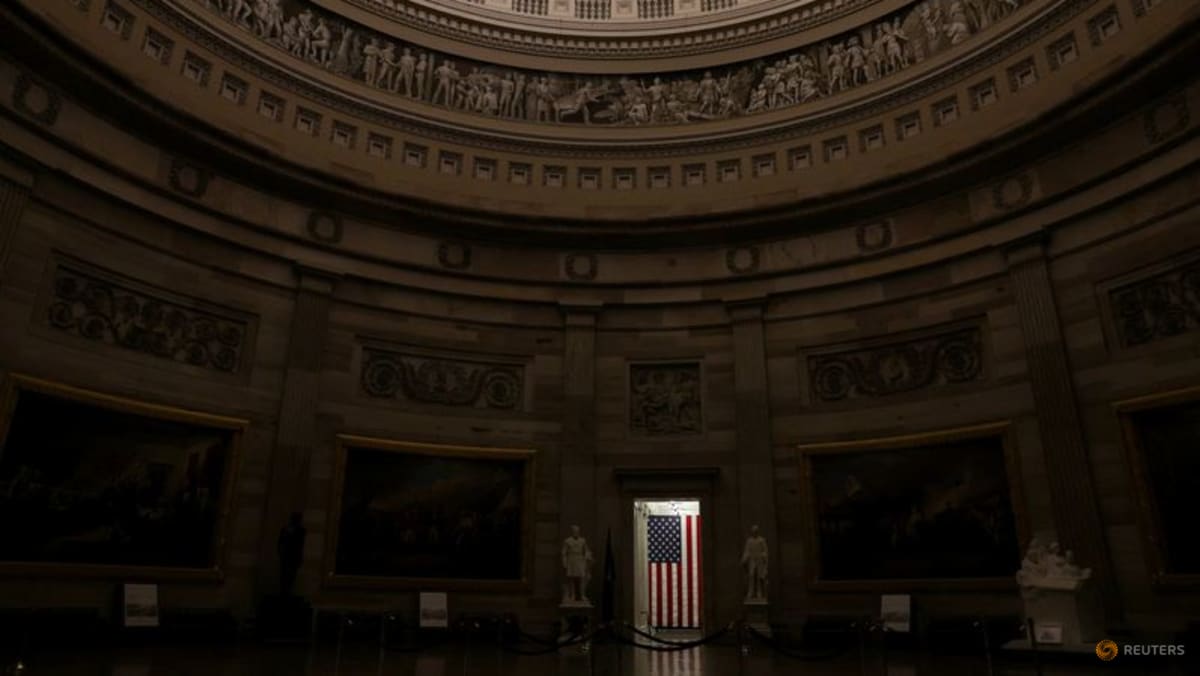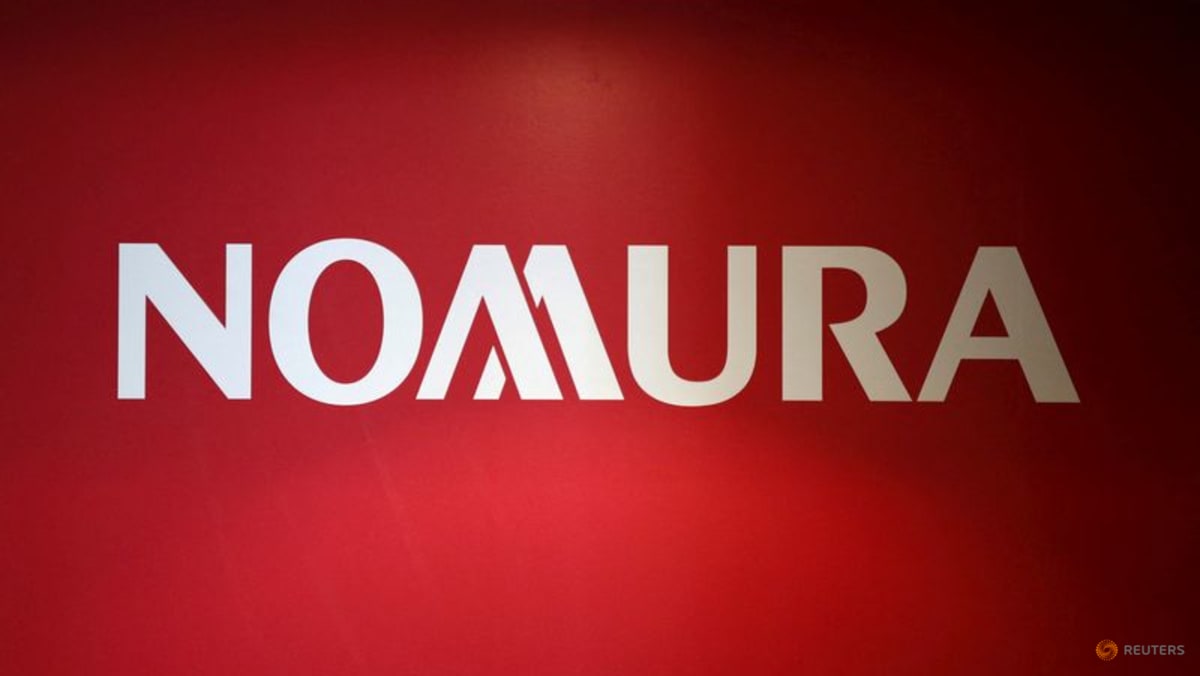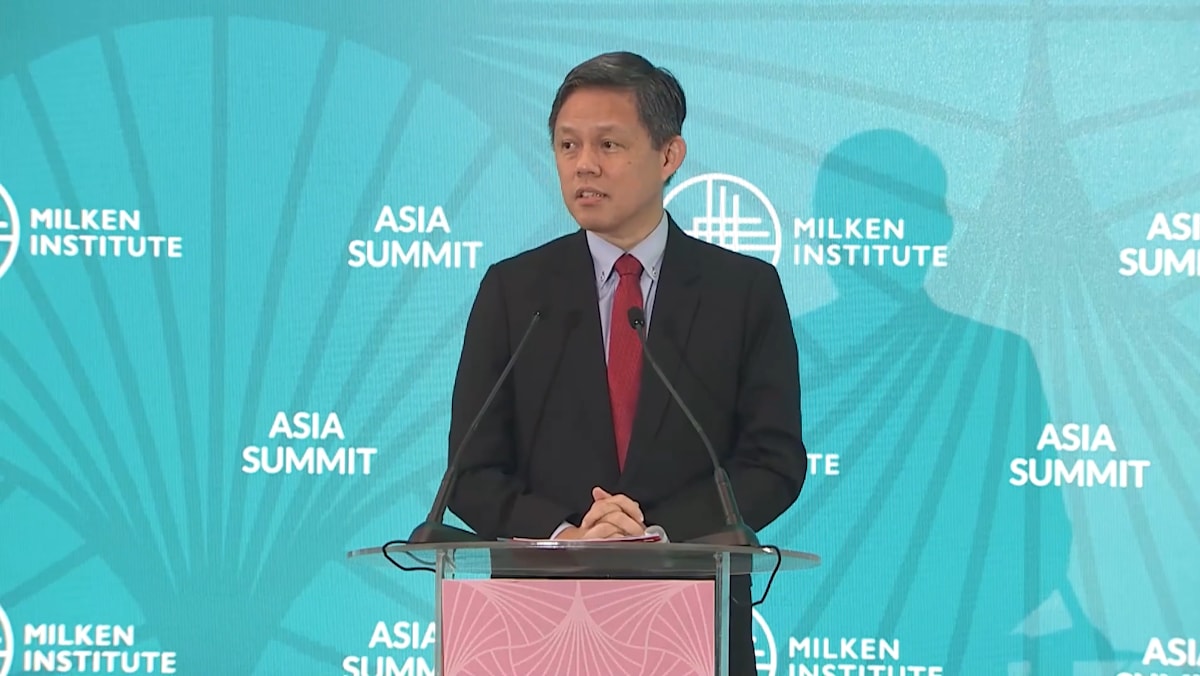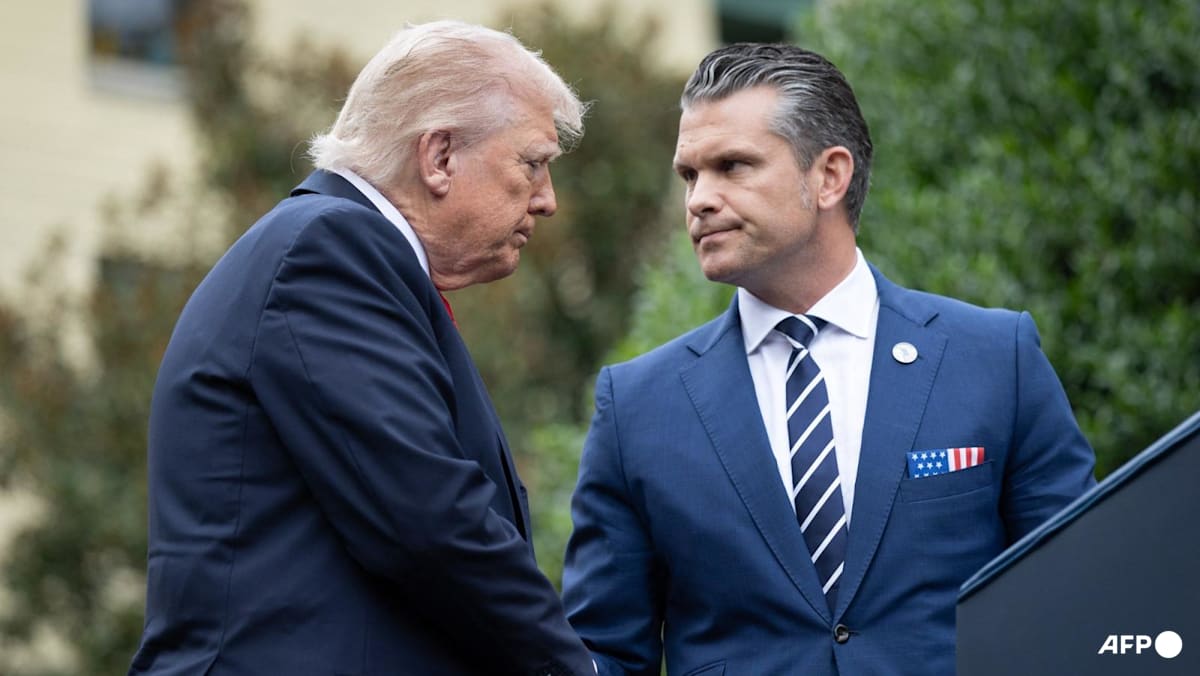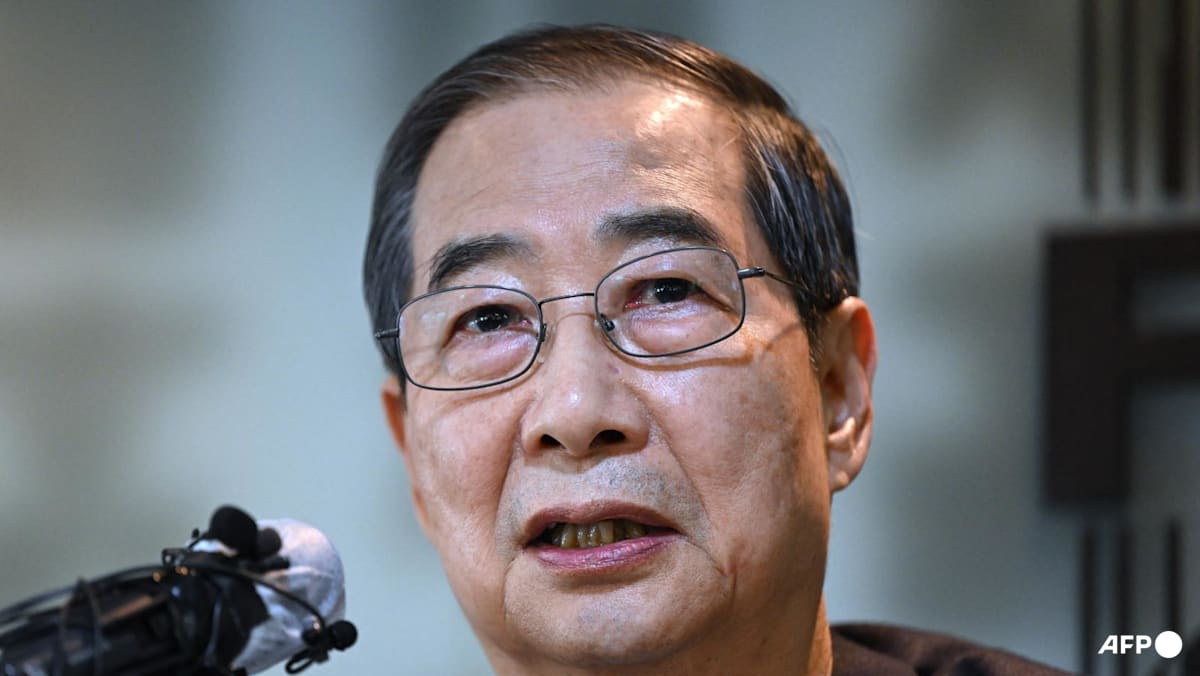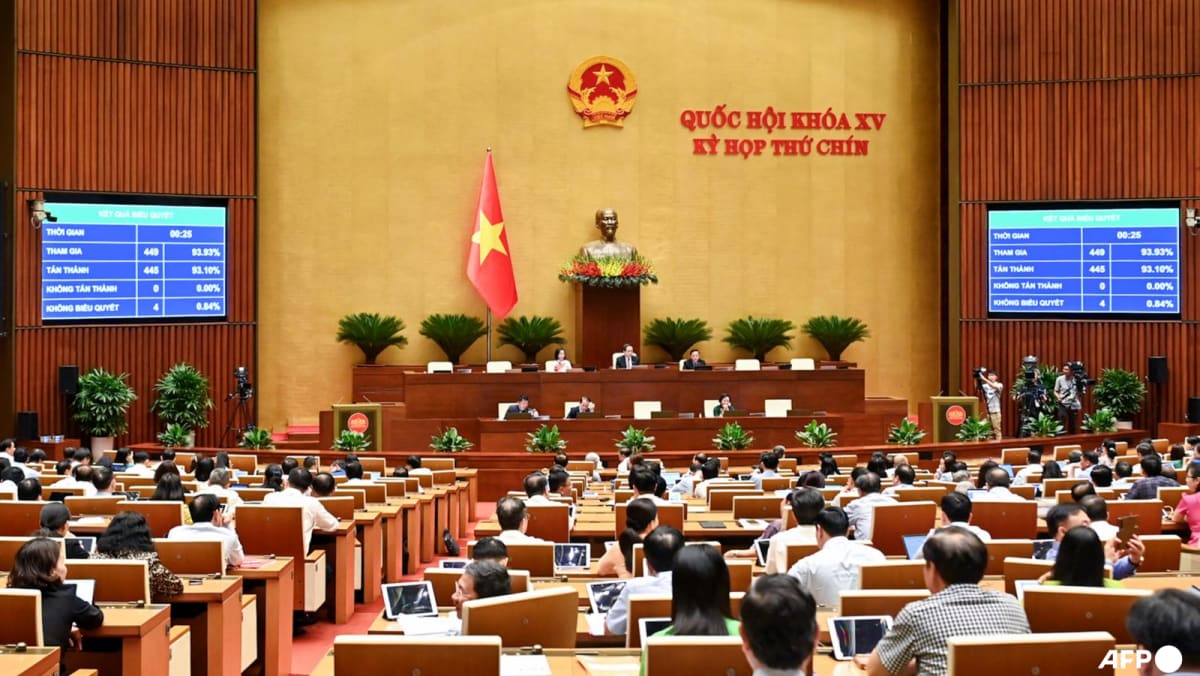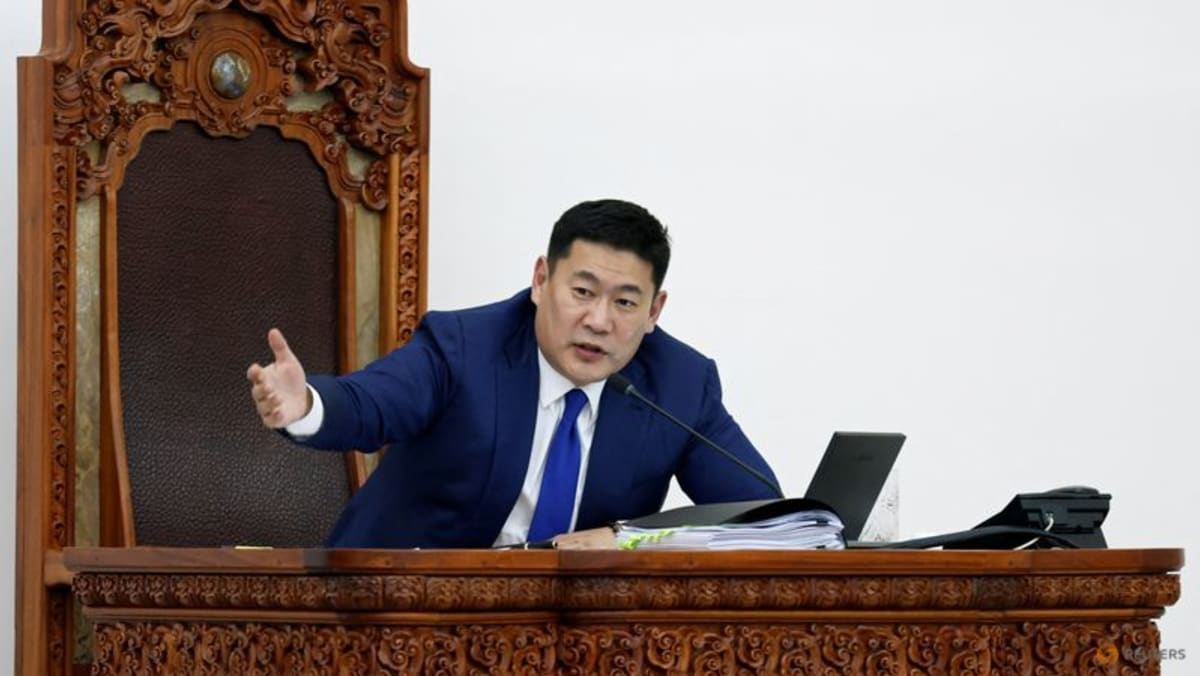WASHINGTON: President Donald Trump has ordered the United States to withdraw from the United Nations cultural agency UNESCO, repeating a move from his first term that was reversed by his predecessor Joe Biden.
The exit from the Paris-based organisation will take effect on Dec 31, 2026, the White House said on Tuesday (Jul 22), citing the agency’s support for what it called “woke, divisive” causes.
“President Trump has decided to withdraw the United States from UNESCO – which supports woke, divisive cultural and social causes that are totally out-of-step with the commonsense policies that Americans voted for in November,” said White House spokeswoman Anna Kelly.
The State Department said continued US membership was “not in the national interest”, accusing the agency of promoting a globalist development agenda “at odds with our America First foreign policy”.
It also called UNESCO’s 2011 decision to admit Palestine as a member state “highly problematic, contrary to US policy, and contributed to the proliferation of anti-Israel rhetoric.”
UNESCO Director-General Audrey Azoulay said the decision was “regrettable, but expected”, adding that the agency had prepared by diversifying its funding. The US currently contributes about 8 per cent of its budget.
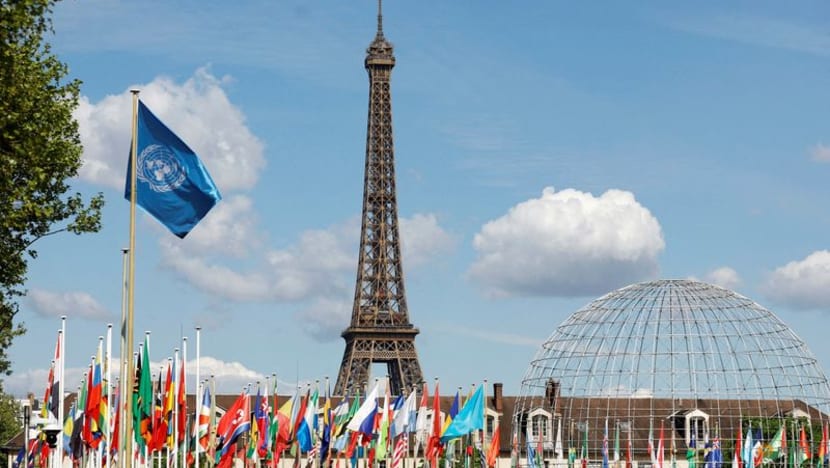 The flag of UNESCO flies at the UNESCO headquarters, with the Eiffel Tower in the background, in Paris, France, April 17, 2025. (Photo: Reuters/Abdul Saboor)
The flag of UNESCO flies at the UNESCO headquarters, with the Eiffel Tower in the background, in Paris, France, April 17, 2025. (Photo: Reuters/Abdul Saboor)
FRANCE, ISRAEL RESPOND
French President Emmanuel Macron voiced support for the agency in a post on X: “Unwavering support for UNESCO, universal protector of science, the ocean, education, culture, and world heritage. The withdrawal of the United States will not weaken our commitment to those who are fighting this battle.”
Israel welcomed the US move. The State Department said Washington’s decision was partly due to UNESCO’s 2011 admission of Palestine as a member state, calling it contrary to US policy and a driver of “anti-Israel rhetoric” in the agency.
Israel’s UN ambassador Danny Danon accused UNESCO of “consistent misguided anti-Israel bias.” Foreign Minister Gideon Sa’ar thanked the US for its “moral support and leadership,” saying: “Singling out Israel and politicisation by member states must end, in this and all professional UN agencies.”
UNESCO officials countered that all agency statements over the past eight years had been coordinated with both Israel and the Palestinians.
Azoulay said the rationale for withdrawal was largely unchanged from 2018, even though “political tensions have receded” and the organisation now offered a “rare forum for consensus” on action-oriented multilateralism.
She also rejected claims of anti-Israel bias, citing UNESCO’s work on Holocaust education and combating antisemitism.
“These claims also contradict the reality of UNESCO's efforts,” she added.
REPEATED EXIT
The move marks the second time Trump has withdrawn the US from UNESCO, having done so in 2017 over similar concerns. That decision was reversed by Biden in 2023, who restored funding and committed to clearing arrears.
During his first term, Trump also pulled the US out of the World Health Organization, the UN Human Rights Council, and the Paris climate accord, all of which were rejoined by Biden. Many of those exits have since been reinstated under Trump’s second term.
Trump’s pick for US ambassador to the United Nations, Mike Waltz, said this month that the UN “needs reform” and expressed confidence that “we can make the UN great again.”
Diplomats told Reuters the latest exit was widely expected at UNESCO due to Trump’s prior stance and Republican objections to agency policies.
UNESCO, the United Nations Educational, Scientific and Cultural Organization, was established in 1945 to promote peace and cooperation. It is best known for its designation of World Heritage Sites, such as the Grand Canyon in the US and Syria’s ancient city of Palmyra.
The US first withdrew in 1984 under then-President Ronald Reagan, citing financial mismanagement and anti-American bias. It rejoined in 2003 under George W. Bush.
UNESCO currently lists 26 World Heritage Sites in the United States, including the Statue of Liberty, among its 1,248 global locations of “outstanding universal value.”


